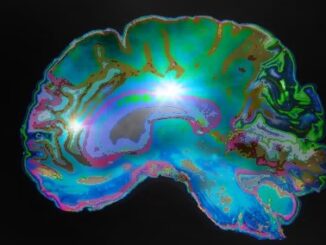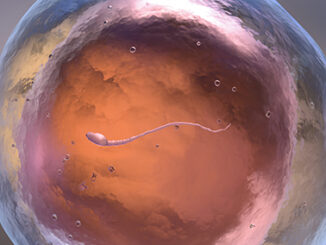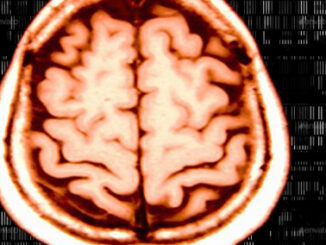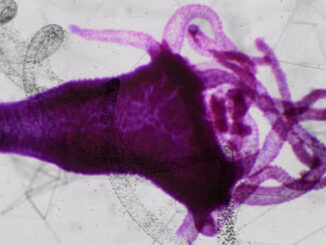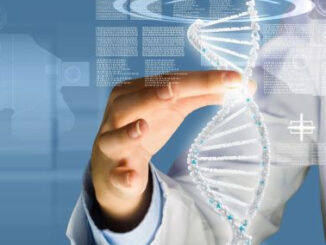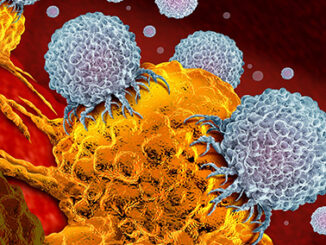3D-Imaging for Epigenetic Changes in the Brain
For centuries, scientists and philosophers have been fascinated with learning about the brain. However, it hasn’t been until the last few decades that we’ve really been able to examine this complex organ in action. One advanced technology that has revolutionized our understanding of the human brain is magnetic resonance imaging (MRI). While this method has been extremely useful for measuring neural activity, it hasn’t been used to assess gene regulation – that is, until now. The University of Illinois (U [more…]

